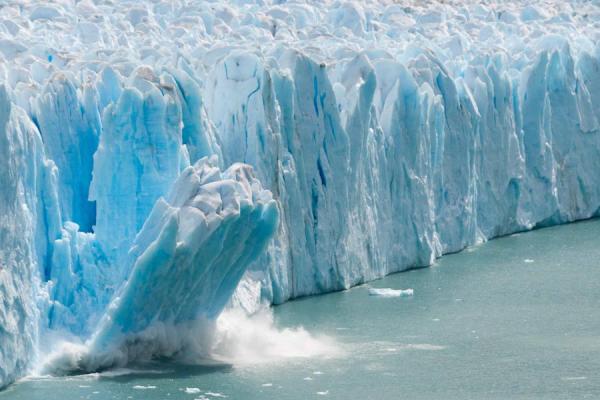David Podgorski, assistant professor of chemistry at the University of New Orleans, has been awarded a three-year $129,000 grant by the Louisiana Board of Regents. The grant funds a laboratory study that will attempt to improve science’s capability to understand relationships between the chemical composition of organic carbon and its reactivity. This information will be used in climate models and studying the fate of contaminates in the environment.
While the concept of the “greenhouse effect” may be familiar in popular discussions about climate change, it might surprise some to know that the amount of dissolved organic carbon stored on earth is approximately equal to that stored in the atmosphere as carbon dioxide, Podgorski said. Climate change and human actions are mobilizing organic carbon from shifts in landforms and land use. During these processes, there is a potential for some—but not all—of the carbon previously sequestered in soil, permafrost and glaciers to be released into the earth’s atmosphere as carbon dioxide, according to Podgorski.
Several determining factors that drive these reactions are the molecular-level structure and composition of the organic carbon relative to its environment. Because they are so critical for modeling the environmental impacts of these landform shifts, Podgorski’s research aims to determine the correlations between chemical composition of carbon material and its reactivity.
“Louisiana loses a football field of coastline per hour,” Podgorski said. “This rate will only increase in a warming climate as sea levels rise. The work completed here will aid in climate models that will help us understand the future impacts of sea level rise on Louisiana’s coastline.”





